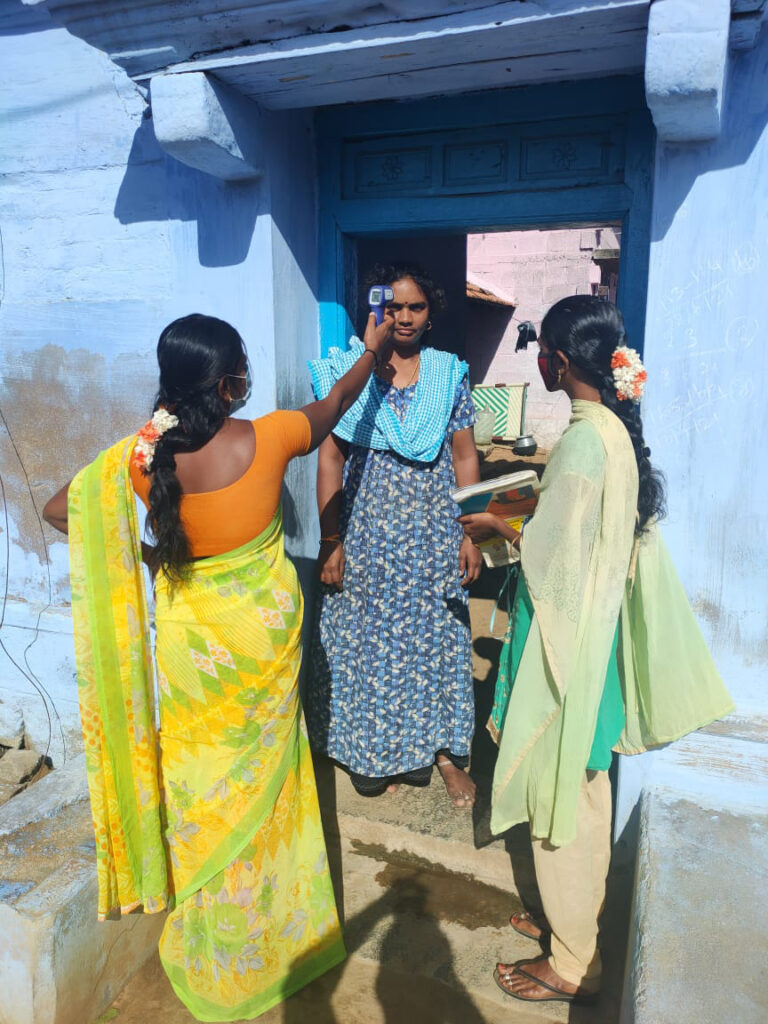The COVID-19 pandemic severely impacted the livelihoods of countless poor families, pushing them into deeper financial instability. As businesses shut down and jobs were lost, many families found themselves without a steady income, making it increasingly difficult to access even the most basic necessities such as food, shelter, and healthcare. The loss of livelihood not only affected their day-to-day survival but also heightened their vulnerability to long-term poverty, creating a cycle of hardship that has been challenging to break. The pandemic underscored the fragile nature of their economic security, leaving them in dire need of support and resources to rebuild their lives.
How we are addressing the issue?
During the COVID-19 pandemic, a grocery distribution initiative was launched to support extremely vulnerable families who were struggling to meet their basic needs. These families, already living in dire socio-economic conditions, faced even greater hardships due to the pandemic, making it nearly impossible for them to afford essentials like food. In response, a collaborative effort with Rapid Response was organized to distribute groceries, ensuring that these families received the necessary supplies to sustain themselves during this challenging time. This initiative was crucial in providing immediate relief and helping them navigate through the crisis.


In 2020-21 STdHF provided groceries to 1200 poor and vulnerable families during the pandemic. These families belonged to areas of Chandapura, Anekal, Attibele, Sarjapura and surrounding villages.In 2020-21, STdHF undertook a significant humanitarian effort by providing groceries to 1,200 poor and vulnerable families during the height of the COVID-19 pandemic. These families, residing in Chandapura, Anekal, Attibele, Sarjapura, and the surrounding villages, were among the hardest hit by the crisis. The pandemic exacerbated their already challenging living conditions, leaving them struggling to afford even basic necessities. Through this grocery distribution, STdHF sought to alleviate their hardships by ensuring they had access to essential food and supplies. This initiative was a vital source of relief, offering much-needed support and stability to these communities during an unprecedented and difficult time.
